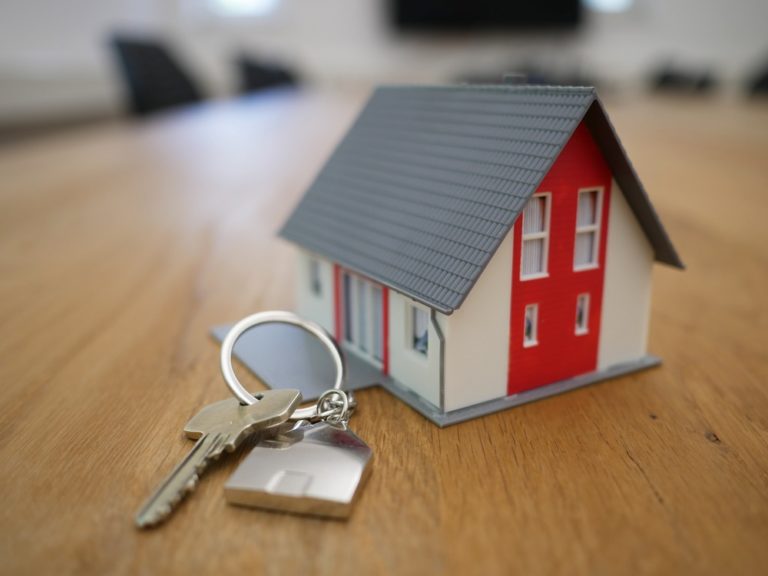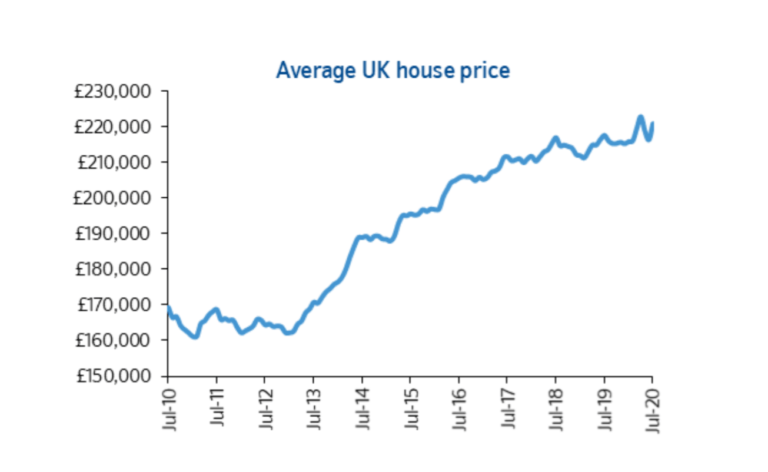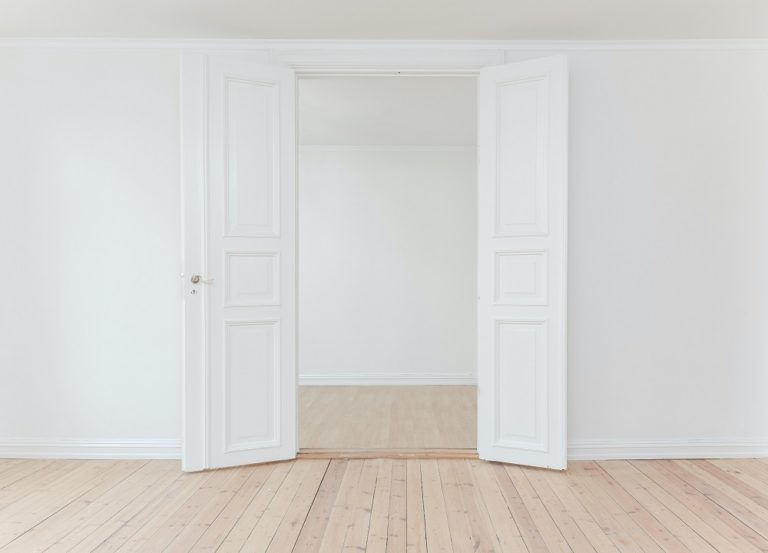Ground rent banned on residential leases from June
Some really good news this week for leasehold homeowners.
The government has confirmed that from 30 June, ground rent will be banned on residential leases as part of the Leasehold Reform (Ground Rent) Act.
Ground rent is basically a sum of money that homeowners have to pay their landlords each year if they don’t own the freehold on their property.
Almost all flats are leasehold (although maisonette-style ones may come with a share of freehold), and some houses are too.
Ground rent doesn’t actually pay for a particular service, and they’ve become controversial in recent years because some property developers have been selling homes with leases that contain a clause to double ground rent every few years, causing these homes to become almost unsaleable and hideously expensive to live in.
This is one of the reasons why the government has made the change to ban them.
Once the ban comes in, anyone buying a home on a new long lease will no longer have to pay ground rent.
Many landlords have already reduced ground rent to zero ahead of the change, according to the government.
But if you’re buying a home in the interim and your landlord hasn’t, then it’s worth getting your lawyer to double check and make sure those changes are reflected in any contracts you sign.
For existing leaseholders – ie, you already own your home and don’t plan to buy a new one – if you extend your lease, your ground rent will become zero for the extended term.
There are further changes coming to make extending your lease cheaper – first announced last year – so it’s worth waiting a little longer as extending leases can be quite costly, and depends on how many years you have left on your lease.
There isn’t a confirmed date on when those changes will come into effect yet, as the government has only recently finished its consultation on the proposed changes.







